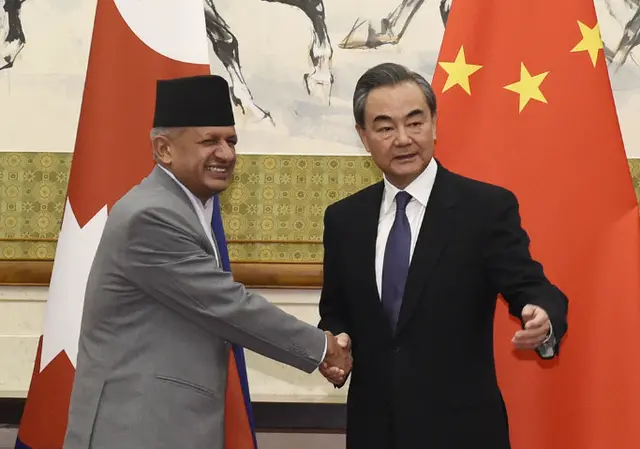The 19th Busan International Film Festival concluded on Saturday in South Korea's port city Busan with South Korean film "End of Winter" and Irani film "13" sharing the top prize of the festival.
The New Currents, the event's main competition section, offered two prizes of 30,000 U.S. dollars to directors of the two best films, both of which made their world premiere at the festival. Twelve films from nine countries and regions were invited to the section this year,including two Chinese films.
South Korean director Kim Daehwan's debut "End of Winter" was about a family who gathered in Cheorwon in cold winter. They were stuck in the place due to heavy snow, but the real bombshell was their father's decision to get a divorce.
"It impressed us with its stylistic consistency, its skillful exploration of family relations, its elegant mastery of cinematic space, and its great ensemble cast," jury head Iranian director Asghar Farhadi said.
The film "13" by Iran's Hooman Seyedi told a story about a 13- year-old boy's struggle on the path towards violence and crime.
"Its intensive camerawork, high level of technical achievement and dynamism make for a promising debut feature," the jury said about this film.
Although the two Chinese films, "(Sex) Appeal" directed by Wang Weiming from China's Taiwan and Li Xiaofeng's debut "Nezha", didn' t get the New Currents Awards, one of them has won the jury's favor.
Asghar Farhadi said until the last moment, the juries were still discussing one of the Chinese films.
"We even wish there could be a third New Currents Awards to be given to the Chinese film," he said, but declined to speak out the name of the film.
"Stairway" directed by Matt Wu from China's Taiwan and "The Night" by South Korean director Choi Kiyun won the Sonje Award, which is given to the best Asian short films.
The closing film is "Gangster Pay Day," directed by director Lee Po-cheung from China's Hong Kong, telling a gangster story minus a traditional tragedy.
Unlike the traditional international film festivals in Venice, Cannes and Berlin, the Busan film festival focuses more on discovering new talent rather than the established filmmakers. It is an event to discover the Asian cinema potential.
A Total of 312 films from 79 countries and regions have been shown in this festival since it kicked off on Oct. 2, with 96 world premieres and 36 international premieres, a slight increase than last year.
The festival welcomed 7,882 accredited professional guests and a total of 226,473 theater visits in its 10-day's run.
The festival's Asian Film Market has witnessed the attendance of 195 film companies from 24 countries.
 简体中文
简体中文

